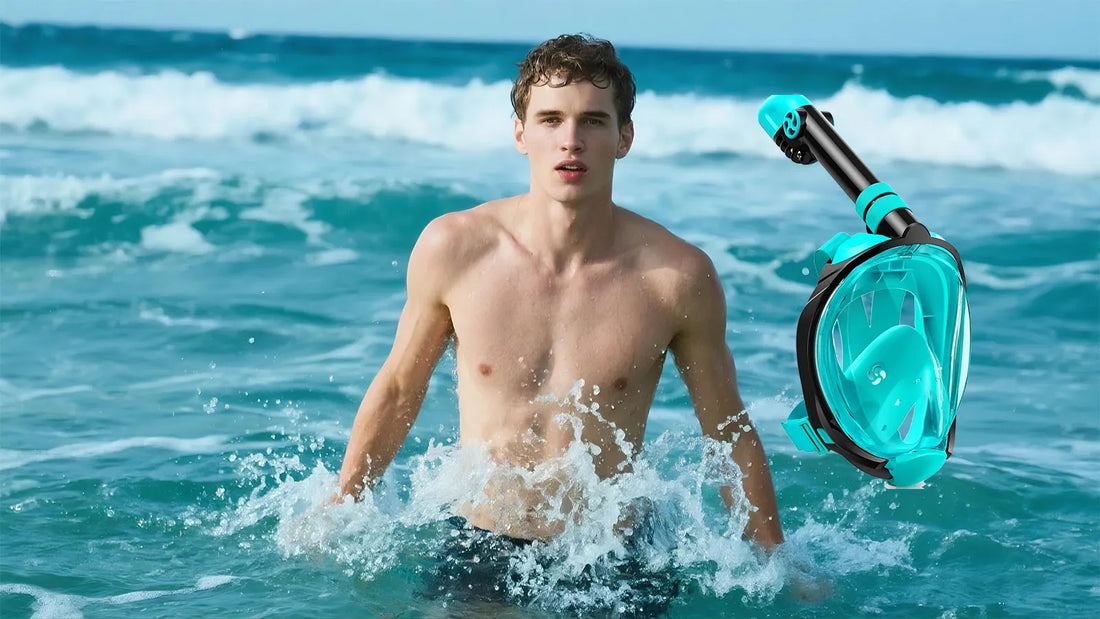Scuba diving is an exhilarating activity that allows people to explore the underwater world, but many wonder if there is a weight limit for scuba diving. The answer is not as straightforward as a simple yes or no. While there is no universal weight limit, factors such as safety, buoyancy, and physical fitness play a significant role in determining whether someone can dive comfortably and safely. This article delves into the relationship between weight and scuba diving, offering insights and practical advice for divers of all sizes.
Understanding the Role of Weight in Scuba Diving
Weight is a critical factor in scuba diving because it directly affects buoyancy. Buoyancy is the force that allows divers to float or sink in the water. Proper buoyancy control is essential for a safe and enjoyable diving experience. Divers use weights to counteract the natural buoyancy of their bodies and equipment, allowing them to descend and maintain neutral buoyancy underwater.
How Weight Impacts Buoyancy
Every diver has a unique body composition, which means the amount of weight needed to achieve neutral buoyancy varies. Factors such as body fat percentage, muscle mass, and the type of wetsuit worn can influence buoyancy. Heavier individuals may require more weight to descend, while lighter individuals may need less. However, adding too much weight can make it difficult to ascend, while insufficient weight can make it hard to stay submerged.
Physical Fitness and Weight Considerations
While weight itself is not a strict barrier to scuba diving, physical fitness is crucial. Diving requires a certain level of cardiovascular endurance, strength, and flexibility. Heavier individuals who are physically fit may have no issues diving, while those who are less active may struggle with the physical demands of the sport. It is essential to assess your fitness level and consult with a medical professional before diving, especially if you have concerns about your weight or health.
Equipment Considerations for Divers of All Sizes
Scuba diving equipment is designed to accommodate a wide range of body types and sizes. However, heavier divers may need specialized gear, such as larger wetsuits or buoyancy compensators, to ensure a comfortable fit. It is also important to work with a certified dive instructor to determine the appropriate amount of weight for your body and equipment. Properly fitting gear and accurate weight distribution are key to a safe and enjoyable dive.
Safety Tips for Heavier Divers
If you are a heavier individual interested in scuba diving, there are several steps you can take to ensure a safe experience. First, consult with a dive professional to assess your readiness and receive personalized advice. Second, practice proper buoyancy control techniques to avoid overexertion or rapid ascents. Finally, always dive with a buddy and follow established safety protocols to minimize risks.
Debunking Myths About Weight and Scuba Diving
There are many misconceptions about weight and scuba diving. Some people believe that heavier individuals cannot dive, but this is not true. With proper training, equipment, and preparation, divers of all sizes can enjoy the underwater world. The key is to focus on safety, buoyancy control, and physical fitness rather than weight alone.
The Importance of Proper Training
Regardless of your weight, proper training is essential for safe scuba diving. Certified dive courses teach essential skills such as buoyancy control, equipment use, and emergency procedures. These courses are designed to accommodate divers of all sizes and abilities, ensuring that everyone can dive safely and confidently.
How to Get Started with Scuba Diving
If you are interested in scuba diving but unsure where to start, consider taking a beginner's course. These courses provide a comprehensive introduction to the sport, including hands-on training in a controlled environment. Working with a certified instructor will help you build confidence and develop the skills needed for safe diving.
Scuba diving is a rewarding activity that can be enjoyed by people of all shapes and sizes. While weight can influence buoyancy and safety, it is not a definitive barrier to diving. With the right preparation, training, and equipment, anyone can explore the wonders of the underwater world. So, is there a weight limit for scuba diving? The answer lies in your readiness, fitness, and commitment to safety. Dive in and discover the adventure that awaits beneath the surface!

